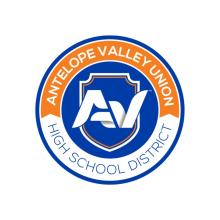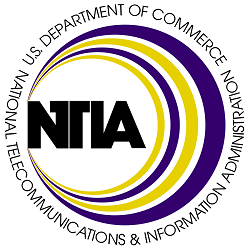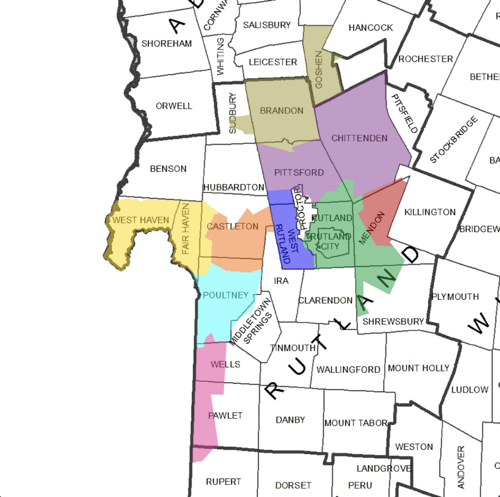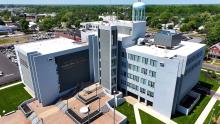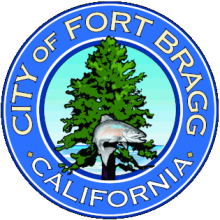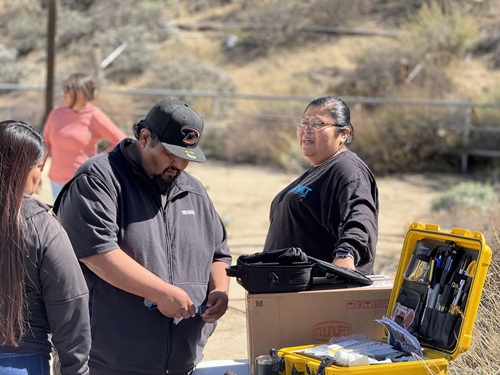Antelope Valley, California Eyes $24 Million Fiber Expansion
Antelope Valley, California officials are hoping to leverage California’s historic recent round of broadband grant programs to deliver affordable fiber access to a significant swath of long-underserved southern California desert communities.
According to Antelope Valley officials, they’ve applied for a $24.3 million California Advanced Services Fund (CASF) Broadband Infrastructure grant to help them deliver symmetrical 10 Gigabit Passive Optical Network (XGS-PON) technology to 988 total households, most of which would be seeing affordable fiber access for the first time ever.
A breakdown of the project included in the application submitted by the Antelope Valley Union High School District to the California Public Utilities Commission (CPUC), indicates that the proposed project seeks to connect to the California State Middle Mile route at two points currently being negotiated in collaboration with state Middle Mile Authorities.
“The award will not be determined until approximately quarter two of next year,” Antelope Valley Union High School District Superintendent Greg Nehen tells ILSR.
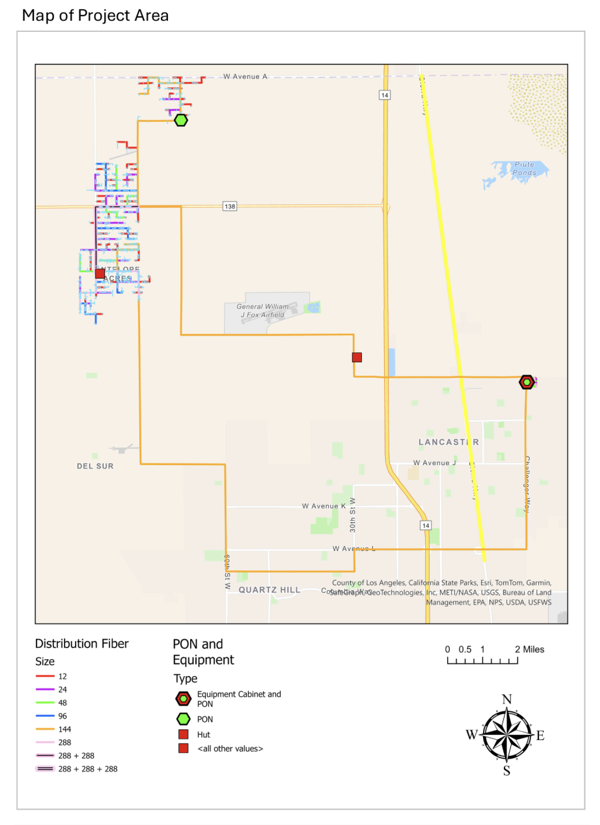
The Antelope Valley Broadband Project would be constructed with 100 percent underground fiber installation, with all fiber-optic cables placed in buried conduit within public rights-of-way, using underground microducts, handholes, and splice enclosures. No aerial deployment is planned for this project, according to project leaders.


